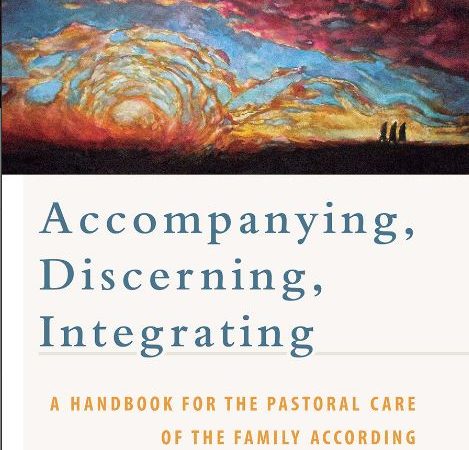
“Make sure Johnny learns how to respect his parents.” “Suzie needs to know about chastity since I worry about her.” “I don’t care what you do as long as Bobby is good boy.” How often do we get these phrases from parents in youth ministry?
Are morals the goal of youth ministry, then? It seems to be what parents want. It seems to be what teens lack. It seems a hot topic for discussion.
But that runs into one problem: why be moral? Why follow these rules?
This is a question which has confounded many. For example, the famous philosopher Kant reduces it to obligation but fails to explain where that obligation comes from. Here it points out the inherent weakness of such an approach. We can’t just teach laws, we need a reason to live rightly.
So then we’ll teach laws, say that Jesus wants us to follow them, and we get hell if we don’t listen to them. We will present every law with punishments and rewards; we’ll talk about secondary dangers. We’ll present chastity by spending most of our time on teen pregnancy and STDs.
Is that enough? That approach would have two issues. First, it doesn’t seem likely to convince most. Second, and more importantly, it makes Jesus an instrument for our morals; God, the end of all things, has only one purpose: to help us be moral. Huh? Everything else should be an instrument for us to reach God but he cannot be an instrument.
Morals did not begin with some law or some obligation, but from love. I love you so I won’t hit you over the head with my club. Nobody ever needs to tell a real dad to care for his son: to feed him, play catch with him, and teach him to be a man. A real dad does all that out of love.
Likewise, we can never begin with teens my listing a moral code. The beginning is love. Our first, almost exclusive, goal needs to be that every teen experiences Christ and falls in love with him. This is the moment in life to begin to love. Fulton Sheen summarized it well: “The difference between a child and a teenager is that a child wants to be loved and a teenager wants to love.”
The Christian moral life is not a set of commands but a response of love to Christ. We cannot ever reduce it to laws. For teens this is especially dangerous since at this time they naturally move from a law-based morality to a deeper morality based on love and goods they perceive.
If we don’t present them something to love some true good to work towards, others will. We have what is truly good: faith in Jesus Christ and not just some lesser good like the sense of accomplishment after climbing a mountain. If the faith is reduced to “rule morality” many will reject as they mature beyond this moral level. That would be a tragedy!
We must always begin, focus on, and end with Jesus Christ. If a teen loves him, he will be moral.









[…] “Make sure Johnny learns how to respect his parents.” “Suzie needs to know about chastity since I worry about her.” “I don’t care what you do as long as Bobby is good boy.” How often do we get thes… […]
Teens are confused because adults fear to give boundary lines and parameters they are to follow. When they step outside them, parents or teaches must implement consequences. That’s how the real world operates. How can vices be avoided when situational ethics is the norm and priests fear preaching against sinning and immorality? it’s tough for teens to day with so many UNcatechized adults.